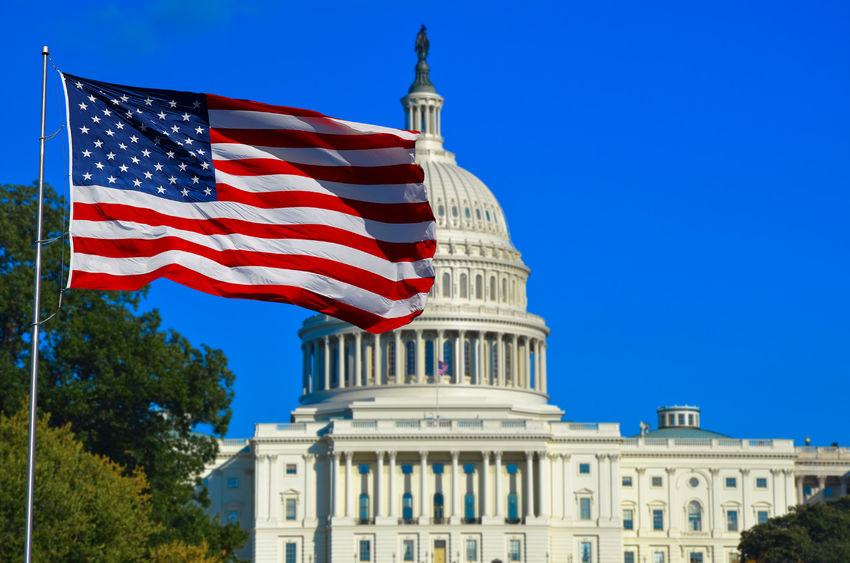
The outcome of the upcoming U.S. presidential election is likely to lead to an increase in trade protectionism, crimping corporate profits, says a new report from National Bank Financial (NBF).
Whether Donald Trump or Hilary Clinton is elected as the next president of the U.S., free trade is likely to suffer, according to the NBF report.
“Many of their positions have been significantly influenced by an electorate that is frustrated over decades of stagnant wages, rising income inequality and the perceived negative impact of past free trade agreements,” the report says. “The bottom line is that regardless of who wins the U.S. election increased levels protectionism and/or government intervention will be on the menu.”
Trump has taken the stronger anti-trade stance of the two candidates, the report notes. And, while Clinton has traditionally supported free trade, “the growing protectionist mood has forced her to come out against [trade deals,” the NBF report says.
There are larger differences between Trump and Clinton in areas such as energy policy, fiscal policy, and their approach to financial regulation, the report notes.
For both the energy sector, and the financial sector, Trump favours rolling back regulation, the report observes. In particular, he has promised to repeal the 2010 Dodd-Frank law. “While wining Congressional approval to repeal it would be very difficult, the law’s impact could be reduced by selective enforcement,” the NBF report says.
Conversely, Clinton has pledged tougher environmental regulation, and to reinforce Dodd-Frank, including levying a risk fee on the largest banks, and tightening the rule prohibiting banks from speculating with deposits covered by taxpayer-funded insurance.
On taxes, Trump has promised to cut taxes for both companies and individuals. “Many analysts doubt the viability of Trump’s plans,” the NBF report says, and his plans would likely have to be “significantly watered down”.
Conversely Clinton is proposing to raise taxes on high earners and businesses, including higher capital gains taxes and a larger estate tax for the wealthy.
Neither candidate has proposed a plan to deal with the long-term drivers of the public debt, such as Medicare and social security, the report notes, adding Clinton and Trump also agree that America’s infrastructure needs modernization.
“The greater levels of protectionism and/or government intervention being pushed by both Trump and Clinton will, all things being equal, squeeze corporate profit margins,” the NBF report says.
The NBF report alos points out that the ability of any president to pursue their agenda is highly dependent on Congress, which is currently under Republican control. “Current polls suggest that the Democrats are well positioned to reclaim the Senate from the GOP,” the report says. “When it comes to the House of Representatives, the Republicans’ control is much more secure.”
Photo copyright: surangaw/123RF